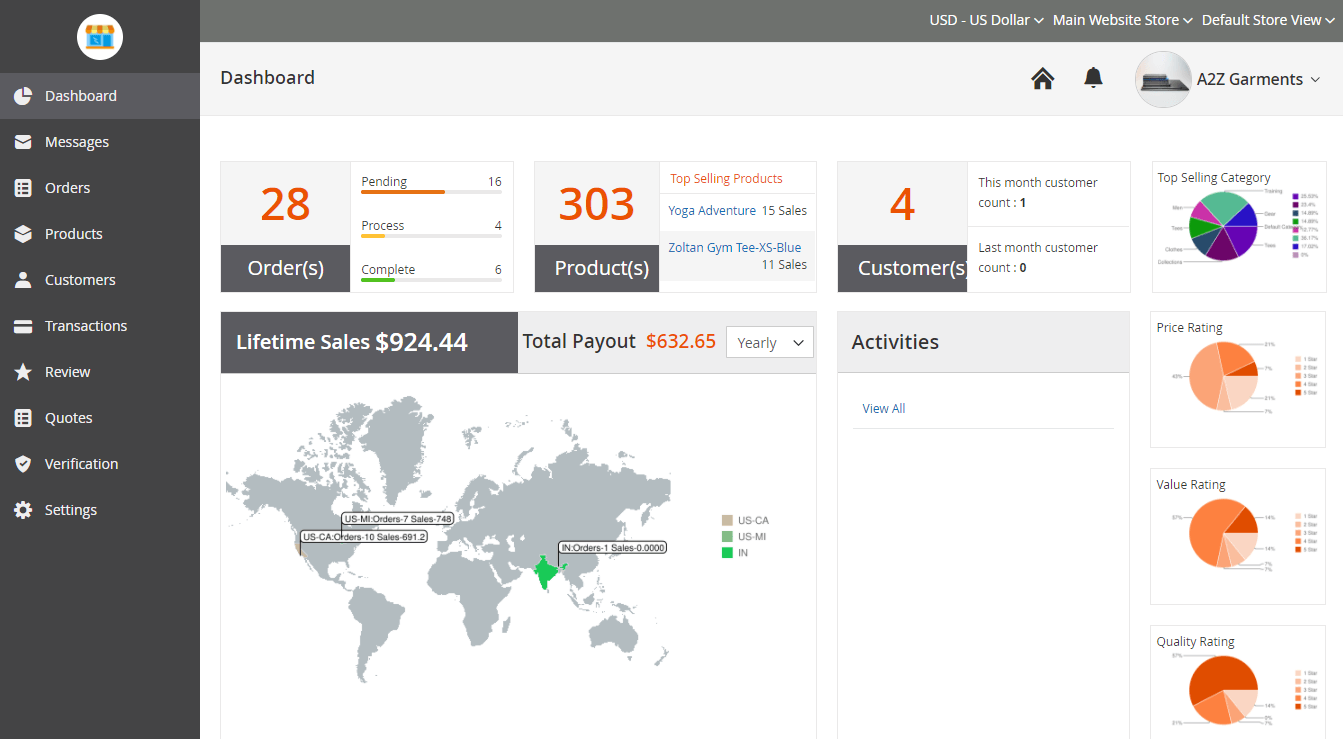Did you know that 60% of local searches end in same-day visits? And that 70% of customers are more likely to buy from local businesses with a social media page? These statistics prove that local search engine optimization (SEO) plays an important role in local businesses.
However, it becomes more challenging to maintain your rankings as technology constantly develops. Algorithm updates, more competitors in the market, and the ever-changing consumer trends don’t make it any easier.
With that said, here are three tips to improve your local SEO keywords:
1. Google My Business Listing
Google My Business is one of the most important factors to consider when it comes to local SEO ranking. In fact, Google My Business is responsible for 25% of local search rankings. However, it’s important to optimize your listing. All you have to do is:
- Claim your listing
- Verify your account
- Edit your business details
- Put a link to your website
- Upload high-quality pictures
Once your page is up, it’s time to gain customer reviews and citations for local listing to fully optimize your Google My Business page.
2. Encourage Social Proof
Social proof pertains to customer reviews, testimonials, and case studies that help you rank in local SEO. These help potential customers decide whether they want to avail services or purchase from you.
However, not all customer proof is positive and asking for one takes effort. Here are some tips you can use to gain more customer proof:
- Encourage your customers to leave reviews. Add a QR code on flyers, brochures, and receipts and personally ask your customers to leave a review about their overall experience in your store.
- Give them a value-added Giving your customers an incentive in exchange for a review is a great idea. Hand out coupons, gift cards, or a gift.
- Provide link-building opportunities. Your customers want to build links and they’re going to take every chance they get to do so. These opportunities mean free publicity for them and more engagement for your business.
3. Find Out Link Opportunities from Your Competitor
Use a competitor-tracking tool (i.e. SpyFu, QuickSprout, SEMrush, and more) to search for websites that are linked to your competitors. Backlinks give an impression that your business is legitimate. By implementing this strategy, there will be room for more backlinks that will definitely help improve your SEO campaign. You can reach out to local directories like Yelp, FourSquare, or your local chamber of commerce. Here’s how:
- Look for websites are linked to your competitors
- Find out about their domain authority
- List the most influential domains
- Do Link Outreach for the domains you listed
Ranking for keywords takes time, money, constant monitoring, and adaptation. And it surely isn’t as easy as it used to be. While thetips mentioned above are simple and low-cost of ranking for keywords, some companies are willing to invest money on SEO. If you’re concerned about funding, SMB Compassis focused on providing financing and education to small businesses across the United States. They’ll help fund your business and give you tips on how to run it. Feel free to contact them through email info@smbcompass.com or via phone (646) 569-9496.















